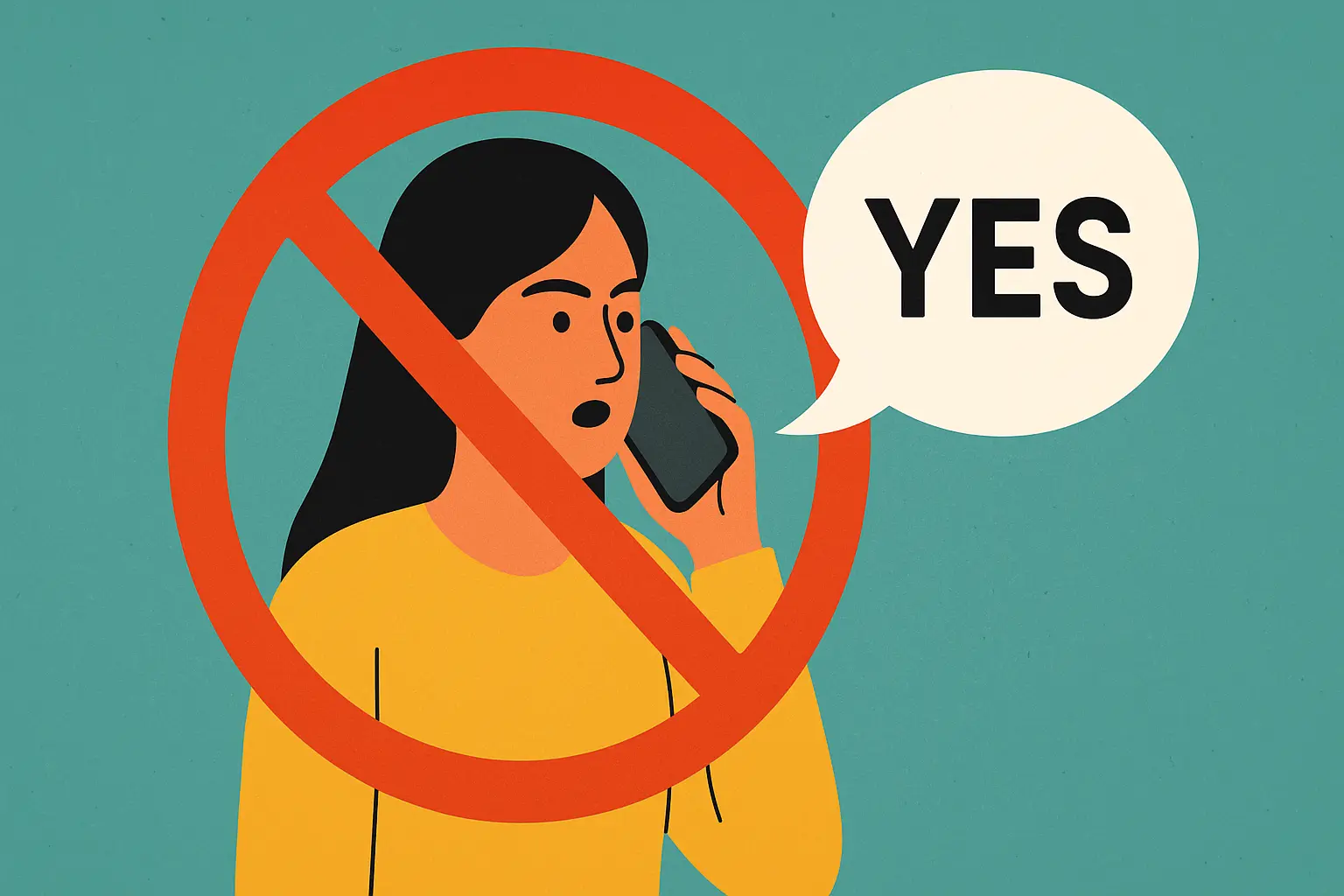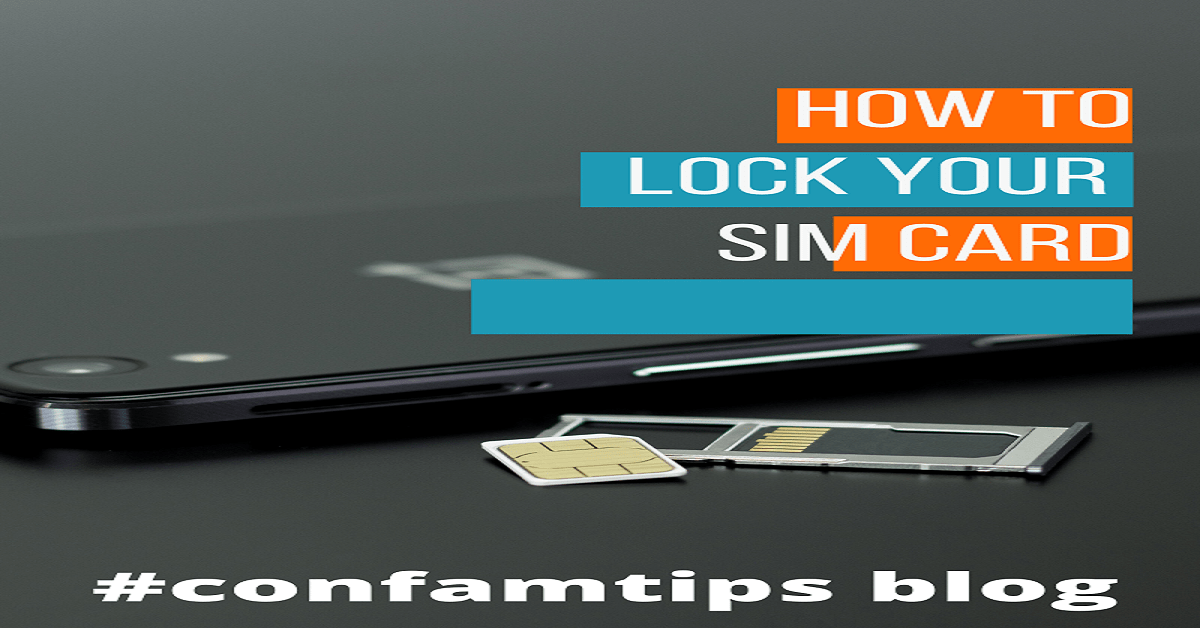Knowing how to identify and prevent social media scams is one skill everyone has to acquire. We are in a social media age where many criminals have taken to social media in search of their victims.
Remember, just as social media has made it easy for people to connect and transact with each other, so it has made it easy for scammers to connect and get their victims too.
It no longer takes a scammer a trip to your street or hometown before they can scam you. Much incantation is no longer needed to get what to use and scam you. With your interests and needs at their fingertips through what you share on your social media page, you might end up being the one to make a trip to them instead.
Social media has made it easy that with the things you share, people can now know activities and information that might interest you and lure you with them.
You have to observe some cybersecurity hygiene to remain safe from social media scams. That is what this post is all about.
Things You Should Do to Help You Know and Prevent Social Media Scams or Scammers
To remain safe in the social media space, you will have to place these practices in the back of your mind.
1. Treat Everyone On Social Media Chat As a Stranger Until You Verify Their Identity
Whenever your social media chats move from the level of normal chats to a level where you make commitments or have to fulfill transaction deals, make sure you verify the identity of the person on the other side before fulfilling the deal.
Whether it is a business deal, a money transfer to a friend, or a relationship chat, don’t conclude that it is your friend who is chatting with you only because the message is coming from their social media handle. Their account may have been hacked, or their device may have been stolen.
Always verify the identity of the person at the other end of the chat before you transfer money to the provided account number or deliver goods or services.
Don’t put money into an investment platform only because your friend shared it on their news feed or because they sent the information to you directly through chat.
Ask the necessary questions before you send your money.
Remember, the question before investing in an interest-giving platform should not be: Does it pay? But rather, how long will it continue to pay? Let it not be that those paid were used as bait to attract you.
Learn to do simple economic arithmetic before putting your savings. Don’t only hear about the 50% or 100% return on investment; start counting your profit alone. What is the sustainability capacity of the company? How will their business risk affect your investment?
Suggested Post: Internet Scammers Psychology- How to Unmask Them
How to Verify Person’s Identity On Social Media
If you are wondering, how do I verify their personal identity? Depending on whom you are chatting with and the nature of the transaction, a video call with the person will go a long way. A voice call can also help while verifying that you know their voice already (AI has also made this a less credible way to verify a person). Remember to record and document your verification process.
Another way you can verify is through image verification. Some social media scammers do not use their real photos on their profiles. You can run fake image verification to see if the product’s image or the personal profile is genuine and belongs to them. There is a comprehensive post here on how to detect fake images online.
2. Research the person’s Digital Footprints Before You Visit Or Make Payments
A greater number of relationships are going to start with socionedia in the near future. The rate at which people visit their social media-found lovers will continue to increase. People will continue to get more business connections or employment opportunities on social media that will require visits.
Therefore, whenever your social media conversations reach the level where you have to visit or make a payment,. Whether it is a relationship date, business trip, purchase, or job interview, make sure you check the digital footprint of the party involved.
When I say digital footprints, I mean information about the person that exists on the Internet based on their past activities online. The less information you get, the greater the red flag.
If it is a company you are going for an interview with, a business partner you are intending to visit, or a business you want to buy from, if you cannot find reasonable information about them online, please don’t go. Any company recruiting online should have some level of online presence.
How to Check For Digital Footprints
One way you can check a person’s digital footprints is by searching for information about the person using their personal information. You can search with the person’s name or company name, address, phone number, email address, or photos.
This search can be carried out using Google, Yahoo, Bing, or DuckDuckGo search engines, etc. You can also search using different social media search boxes like Facebook, LinkedIn, Twitter, Instagram, etc.
You can type the person’s name, phone number, or email in the search box and search. Also, you can ask it like a question. For instance, “Is 08045678866 a scam or not?” or “Is AB Company genuine or a scam?”

You will see a lot of search results if the person has a strong digital footprint. Filter the results by removing information published by the person you are researching and focusing on other people’s reviews about them.
Remember to always document the relevant information you are gathering. Don’t visit a person you met on social media without informing people close to you about your whereabouts.
When you don’t have reasonable information about the person you are visiting, please don’t go. Know when you are being lured into danger with money or an overpayment, and use your discretion.
Remember, verifying people’s digital footprints will protect you only from known scammers. It will be difficult to detect when you are the first victim.
Check out these posts for help: Three Reasons Why We Fall For Internet Scammers and Internet Scammers Psychology- How to Unmask Them
3. Be Mindful Of Social Engineering and Catfishing
Social engineering tricks are evolving daily. You might be socially engineered by the people you think you know. Friends you knew while in secondary school or at the university might no longer be the same and exact person on social media now.
The person may have turned into a wolf or scammer overnight without your knowledge. Remember, people also change.
So, always observe every cybersecurity hygiene possible while dealing with old friends. Verify their identity and check their social media footprints when they start making a financial request from you. Also, avoid giving out money you can’t forget or giving a huge loan to such people.
Many social engineering social media scams are out there. You might receive a phishing email saying that your social media account is about to be deactivated or canceled if you don’t perform the scammers stipulated action.
Your friend on social media may also come up with a visa problem scam that says they are stuck in a country and need financial help.
You may also receive a fake email or chat message saying that your nude pictures are leaked or that they have them and are about to leak them just to blackmail you.
It might also be a call from a native doctor claiming that people after your life came to his shrine. Whatever it might be, always relax, and there is a post here on how you can handle such scams.
Suggested Post: 6 Social Engineering Countermeasures
Be careful when clicking links on social media.
Phishing links are also advancing in their tactics. This might be a link sent to you on chat by a friend or a gossip news link that increases your curiosity or anxiousness to click.
A news link that says “See what this university girl did to the senator-leaked video” might lure many people into clicking to learn more. Also, links that claim to take one to an IQ testing website or application and the ones to help you perform super actions on social media, like see who reads your comments.
Avoid hormone-pumping headlines on social media. Some of those links lead to websites where malware can be downloaded to your device.
Be careful about scam advertisements. Social media ads are easy to create. Anyone can do that. So, don’t take it because it is a sponsored ad, and lower your security guard.
Catfishing is another common social media scam trick today. This is the process of luring someone into a relationship using a fictional online persona.
Many fake social media accounts are out there. People now create fake social media profiles to lure people into a relationship using other people’s details.
So, before you start sending nudes to someone on the chatbox because they seem real or provide for your monetary needs, make sure they are who they claim to be and that they will not sell your nude picture on a porn website. And that they won’t use it to blackmail you in the future.
Make sure you observe the cybersecurity hygiene above before you engage in any intimate chat on social media. That is, if you would.
4. Be Mindful of The Things You Share On Social Media
The fact is that the more information you share online, the more vulnerable you become to scammers. Avoid sharing information on social media that scammers can take advantage of to pose as a helper or guide to you. Such a post makes you more vulnerable to social media scams.
There are two posts here that will guide you on the type of information you should not share on social media. The links are below.
Related Posts: Social Media Posts That Can Worsen Your Online Security
Related Post: Internet Scams- Secretes No One Has Told You
Observing all the stated hygiene will help you easily detect social media scams and prevent them.







